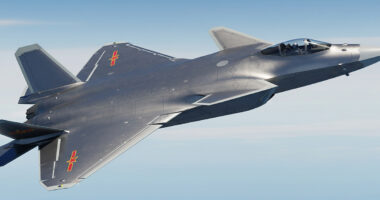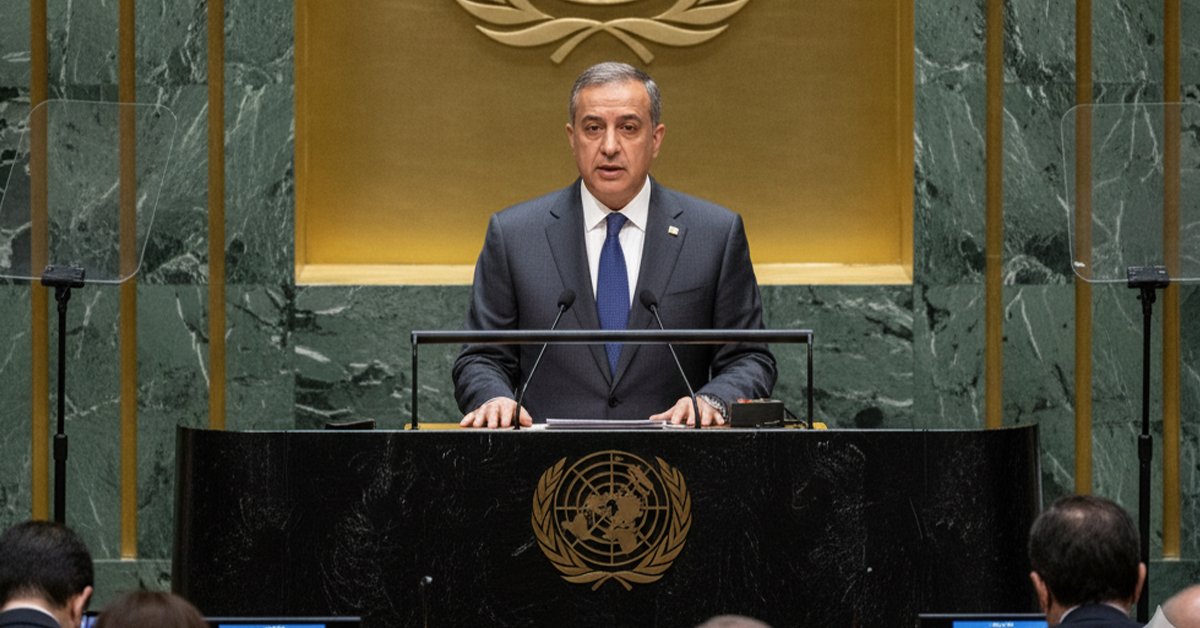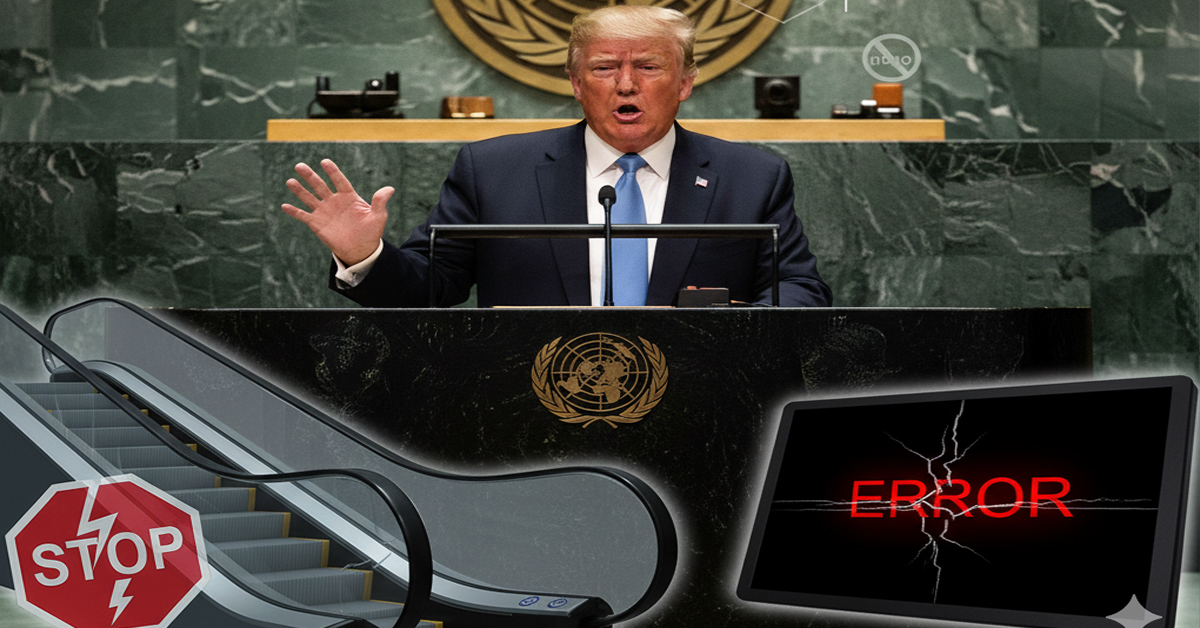Introduction
In a landmark declaration from the global stage of the United Nations General Assembly, France has officially recognized the State of Palestine. This decision, announced by President Emmanuel Macron, marks a significant shift in European and international diplomacy regarding the Israeli-Palestinian conflict. Coming on the heels of similar announcements by other key nations, France’s move adds considerable weight to the growing international consensus that a two-state solution is the only viable path to lasting peace. This article delves into the reasons behind France’s decision, the global reactions, the historical context, and what this development means for the future of the region.
The Context: A World in Flux
For decades, the Israeli-Palestinian conflict has been at the forefront of global political discourse. The push for a two-state solution—the creation of an independent Palestinian state alongside the State of Israel—has been the cornerstone of international efforts. However, progress has been consistently hampered by ongoing violence, settlement expansion, and political stalemates. The recent escalation of the conflict in Gaza, particularly following the tragic events of October 7, 2023, has brought the humanitarian crisis to a new and devastating level.
The international community, including traditionally staunch allies of Israel, has grown increasingly concerned about the dire situation in Gaza. The United Nations has warned of a catastrophic humanitarian crisis, with unprecedented loss of life and a collapse of essential infrastructure. In this climate of heightened urgency and international pressure, several nations have broken with past policy to formally recognize Palestine. The UK, Canada, Australia, and Portugal led this wave of recognition, followed by European states like Belgium, Luxembourg, Malta, Andorra, and San Marino. France’s entry into this group is arguably the most impactful to date, given its historical role as a major power and its significant diplomatic influence.
Macron’s Stand: A Call for Peace
President Macron’s address at the UNGA was both a solemn reflection and a forward-looking proposal. He spoke of the urgent need for peace, stating unequivocally that “the war in Gaza is not justified by anything.” His words highlighted the immense human cost of the conflict and the failure of past diplomatic efforts to achieve a just and sustainable outcome. Macron emphasized that recognition is not a reward for Hamas but a political necessity for creating a peaceful future. This sentiment directly addresses one of Israel’s main criticisms: that recognizing a Palestinian state under current conditions emboldens Hamas.
The decision to recognize Palestine is part of a broader diplomatic initiative. France, in partnership with Saudi Arabia, has been spearheading a one-day summit in New York aimed at reviving the two-state solution. The notable absence of key G7 allies—the United States, Germany, and Italy—from this summit underscores the growing divergence within the international community on this issue. While these nations maintain their support for a two-state framework, they have yet to take the step of formal recognition, suggesting a more cautious approach. Macron’s move could be seen as a bold attempt to break this diplomatic deadlock and force the conversation forward.
Historical and Diplomatic Implications
France’s relationship with the Middle East is long and complex, rooted in its colonial history and post-WWII influence. It has traditionally maintained a balanced, though often pro-Arab, foreign policy. The recognition of Palestine is a significant departure from France’s previous position, which held that a Palestinian state should emerge only as a result of a negotiated peace settlement. This shift reflects a new, more activist stance, likely born out of frustration with the lack of progress and the spiraling violence.
The move is also a powerful symbolic gesture. For Palestinians, it is a validation of their right to self-determination and statehood. For Israel, it represents a loss of diplomatic support from a major European power and a condemnation of its policies. The Israeli government’s reaction has been sharp, accusing nations that recognize Palestine of rewarding terrorism and undermining its security. They argue that such a move bypasses negotiations and emboldens militant groups like Hamas, thereby making peace more elusive.
However, proponents of recognition argue the opposite. They believe that a formal acknowledgment of Palestinian statehood creates a more balanced playing field for future negotiations. It puts pressure on all parties to engage constructively and provides a clear vision of the end goal: two sovereign states living side-by-side in peace and security.
The Path Forward
France’s recognition is a pivotal moment, but it is not a magic bullet. The road to a two-state solution remains fraught with challenges. The immediate priorities are to secure a lasting ceasefire in Gaza, ensure the release of all hostages, and address the humanitarian catastrophe. Beyond that, the international community must work to create the conditions for a credible peace process. This includes reining in settlement expansion, reforming Palestinian governance, and providing a clear and secure future for both Israelis and Palestinians.
The two-state solution is not merely a political formula; it is a moral imperative. It is the only framework that can guarantee the long-term security and dignity of both peoples. France’s decision, therefore, is not an endpoint but a catalyst. It is a powerful signal that the status quo is unacceptable and that the time for decisive, courageous action has arrived. The world is watching to see if other nations will follow France’s lead and if this new wave of recognition will finally be enough to turn the tide towards a future of genuine peace and coexistence.
Reference Link >>>> https://www.bbc.com/news/articles/cd9ykqw22zlo









